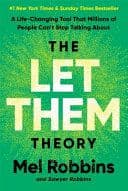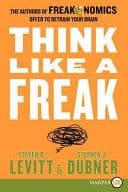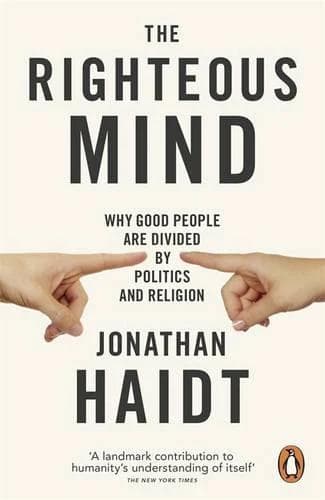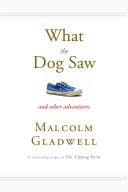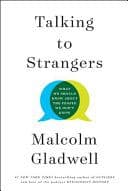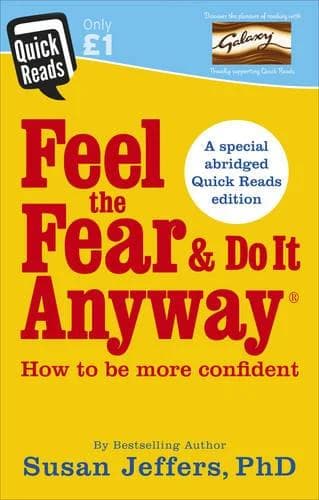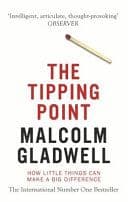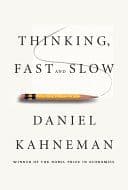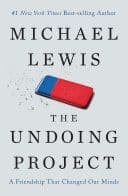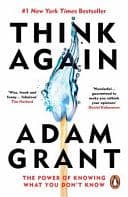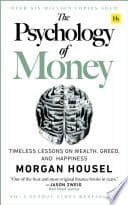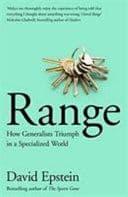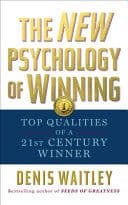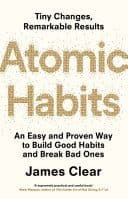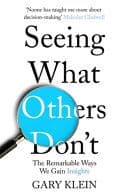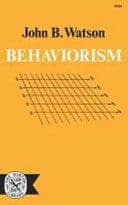
Behaviorism
A book aimed to free psychology from elusive, vague concepts and establish it as a true natural science
DIFFICULTY
intermediate
PAGES
251
READ TIME
≈ 360 mins
DIFFICULTY
intermediate
PAGES
251
READ TIME
≈ 360 mins
About Behaviorism
With this seminal book, John B. Watson’s bold claim was that the field of psychology should study what we can see, behaviour, and how the environment shapes it.
Behaviorism lays out a stimulus–response toolkit, showing how conditioning builds habits, teaches animals and people, and even colours core emotions like fear, rage and love. Watson rejects introspection and psychoanalysis as unverifiable, arguing instead for operational definitions, tight experiments, and predictions you can test. He extends his programme to child‑rearing and education, offering brisk, sometimes unsettling prescriptions. The prose is plainspoken, the ambition sweeping: given the right stimuli, personality is malleable.
This manifesto pivoted psychology toward measurable methods and birthed behaviour analysis. Reading it now reveals both the power—and the limits—of environmental control, the fault lines that later sparked the cognitive turn.
What You'll Learn
- The core tenets of Watsonian behaviorism: observable behaviour, stimulus–response links, and conditioning
- How environment and learning shape personality, habits, and emotions in Watson’s framework
- Watson’s critique of introspection and mentalistic explanations in psychology
- Behaviorist principles to education, habit formation, and parenting practices
- The historical impact, controversies, and ethical issues surrounding Watson’s work
Key Takeaways
- Psychology as study of behaviour
- Conditioning drives learning
- In Behaviorism, introspection is rejected
- That environment shapes personality
- Notable limits and ethics
More in psychology


